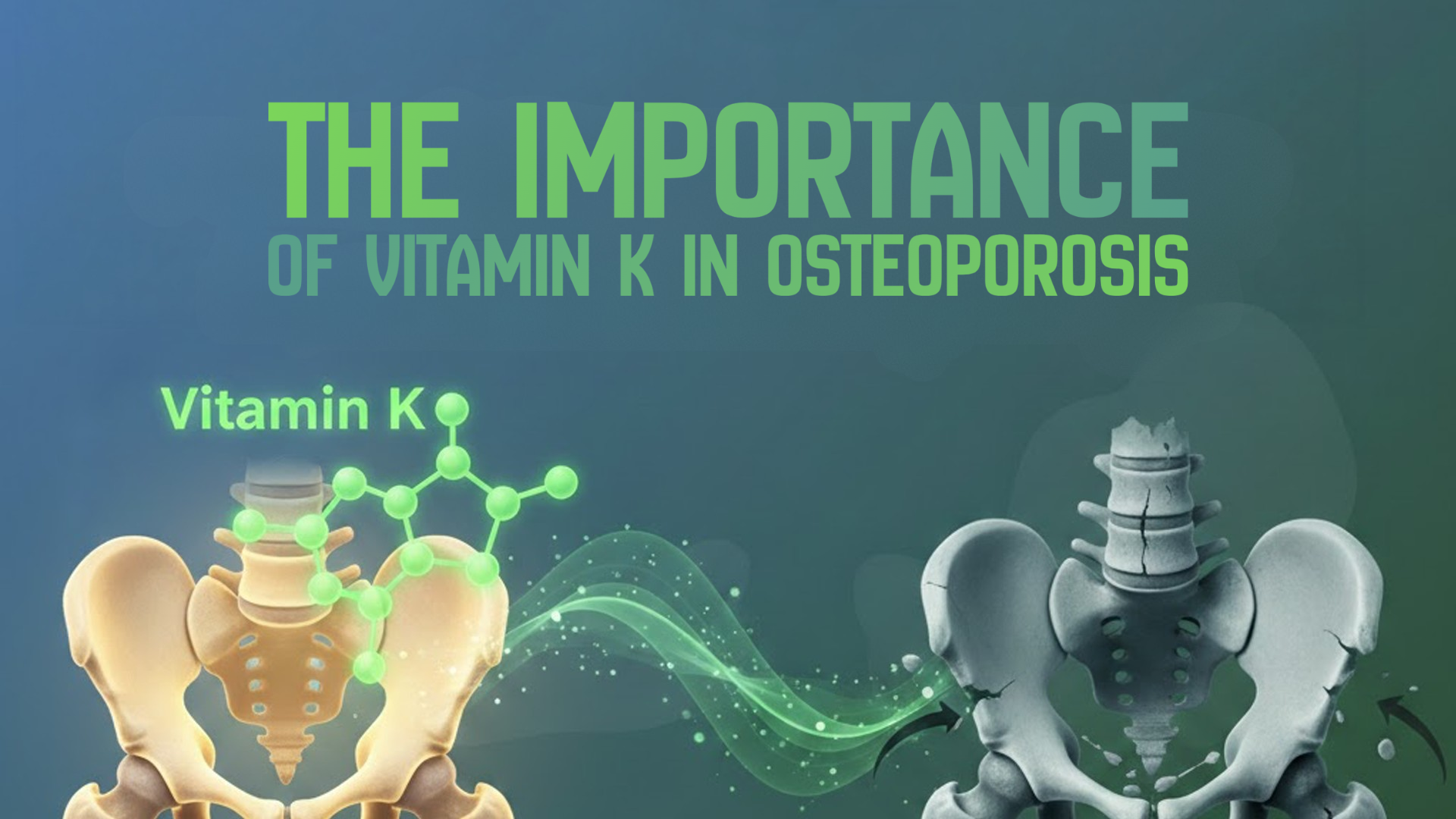Benefits of Holistic Dentistry: A Comprehensive Approach to Oral Health

Holistic dentistry, also known as biological dentistry, is an approach to dental care that considers the patient's overall health and well-being. Unlike traditional dentistry, which often focuses solely on the teeth and gums, holistic dentistry recognizes the interconnectedness of oral health with the rest of the body. This article explores the principles, benefits, and practices of holistic dentistry and why it might be the right choice for you.
Holistic dentistry is a philosophy of care that emphasizes the use of biocompatible dental materials and techniques that promote the body's natural ability to heal. Holistic dentists aim to treat dental issues by understanding their root causes, often related to overall health and lifestyle, rather than just addressing the symptoms.
Core Principles of Holistic Dentistry
1. Whole-Body Health: Holistic dentists consider the impact of dental treatments on the entire body, ensuring that procedures and materials used do not cause harm or contribute to systemic health issues.
2. Biocompatibility: The use of non-toxic, biocompatible materials that do not adversely affect the body is a cornerstone of holistic dental care.
3. Prevention and Education: Emphasizing the importance of prevention through proper nutrition, oral hygiene, and lifestyle choices to maintain optimal health.
4. Minimal Intervention: Minimizing invasive procedures and promoting natural healing and regeneration whenever possible.
Benefits of Holistic Dentistry
1. Improved Overall Health: By addressing the connection between oral health and systemic health, holistic dentistry can contribute to overall well-being and reduce the risk of chronic diseases.
2. Safe and Non-Toxic Treatments: Avoiding harmful substances, such as mercury in amalgam fillings, and using safe, biocompatible materials.
3. Personalized Care: Holistic dentists tailor treatments to the individual needs of each patient, considering their overall health, preferences, and lifestyle.
4. Focus on Prevention: Holistic dentistry emphasizes preventive care, reducing the need for invasive treatments and promoting long-term health.

Common Practices in Holistic Dentistry
- Removing and avoiding the use of mercury-based amalgam fillings due to their potential toxicity.
- Using materials that are safe and compatible with the body, such as composite resins and ceramic.
- Utilizing specific protocols to safely remove mercury fillings without releasing harmful mercury vapors.
- Providing guidance on diet and nutrition to support oral and overall health.
- Recommending detoxification methods to eliminate toxins from the body that may affect oral health.
- Preferring less invasive procedures and promoting natural healing methods.
When visiting a holistic dentist, you can expect a comprehensive approach to your dental care. The dentist will likely take a detailed medical history and discuss your lifestyle, diet, and overall health. Diagnostic tools may include digital X-rays, which use lower radiation levels, and other advanced technologies that provide detailed information while minimizing exposure to harmful substances.
Choosing holistic dentistry means opting for a more integrated approach to your oral health care. It's ideal for those who are health-conscious and prefer natural, non-toxic treatments. Holistic dentistry can be particularly beneficial for individuals with allergies, sensitivities, or chronic health conditions that might be exacerbated by traditional dental materials and practices.
Holistic dentistry offers a unique, comprehensive approach to oral health that considers the well-being of the entire body. By focusing on prevention, using biocompatible materials, and minimizing invasive treatments, holistic dentists help patients achieve optimal health in a safe and natural way. If you're looking for a dental care approach that aligns with your health-conscious lifestyle, holistic dentistry may be the perfect fit for you.
For more information or to schedule a consultation, contact Medtopia Holistic Dentistry
Medtopia Holistic Dental Clinic
Share this article
More Articles
Discover more insights on health care and medical tourism.

The Importance of Vitamin K in Osteoporosis
Osteoporosis is a major public health problem, comparable to diabetes, hypertension, and hyperlipidemia. It has long posed a serious threat to the health and quality of life of the Thai population, particularly older adults. Most elderly individuals with osteoporosis experience no warning symptoms or early signs, resulting in delayed diagnosis and lack of early treatment. Consequently, these individuals are at high risk of fragility fractures at various sites, including the wrist, spine, hip, and upper arm.

Tennis Elbow: Elbow Pain That Doesn’t Affect Only Athletes
Tennis Elbow, medically known as Lateral Epicondylitis, is an inflammatory condition of the tendons on the outer side of the elbow. It is caused by repetitive use of the arm, wrist, or elbow over a prolonged period, such as typing on a computer, using a smartphone, lifting heavy objects, or even doing routine household chores.

List of Private Hospitals in Thailand
Thailand is widely recognised as one of Asia’s leading destinations for private healthcare, offering international-standard medical services, advanced technology, and highly experienced physicians. Private hospitals in Thailand serve both local residents and international patients, particularly in areas such as complex surgery, health check-ups, wellness, and medical tourism.